On July 22, Vino & Vino company, the official representative of Yacoubian-Hobbs wines in Armenia, organized a meeting for its partners at InVino. Before the event started, GastroVino spoke with Vigen Yacoubian and Paul Hobbs.
Your “journey” started almost 15 years ago - in 2008. What are you main thoughts today when you are looking back?
Vigen Yacoubian: Actually it started even earlier, in 2003, when I ordered a pinot noir during a dinner with my wife. The amazing wine was a 2001 Paul Hobbs Pinot Noir Cuvée Agustina. In my enthusiasm, I wrote an email to the winery. Early the next morning, I discovered that Paul had responded to my email personally.
So, combination of friendship and interest brought us together. A lot has changed because it started with a dream for me which became a reality thanks to Paul because he bridged my dream to reality.
Paul Hobbs: It has been a ride of ups and downs. There has been a lot of satisfaction and there are some disappointments because of complexities of working so far away, with pandemic causing some disruptions.
When I first arrived in Armenia there was not that much of wine culture. One of the major shifts has been this development of interests in wine, and it’s on fire here. I can think of a country that has changed so fast, so rapidly with respect to its appreciation of wine than Armenia and that’s not an exaggeration. I don’t know a lot of countries that embraced wine with the enthusiasm and it is incredible. It is really extraordinary. That’s probably the most important change.
Paul Hobbs and Vigen Yacoubian | Image by: Mediamax
If you look at the technological side of it there is so long way to go but that’s also improves significantly and a lot more investment coming into the country. We know that this has a huge influence on auxiliary industry, food and beverage and also hotels, tourism. So, I would say that these little seeds, not we alone, but we and some others have seen significant changes that you can see even in infrastructure. And it is very satisfying, and I don’t think we are patting ourselves on the back but I think we are part of it. We are part of the catalyst of this new Armenia which is so exciting. For me it is very exciting because it was a whole new culture as I did not know anything about this part of the world and it is fascinating to see how quickly this country is moving forward.
15 years or maybe more, is it a big period in wine making?
Vigen Yacoubian: There was a lot of planning. When we found our vineyard, the land itself, it was really in very embryonic stage and then we had to wait another 5, 6, 7 years. We experimented with sorts of grapes and it turned out to be much better than we expected. Then we started marketing. Obviously a lot has evolved. Paul will be better in assessing it in the context of what 15 years is in winemaking, but I consider it young. Our brand is still very young. We are developing, we are learning, and most of what will happen is ahead of us.
Vigen Yacoubian | Image by: Mediamax
Paul Hobbs: In my view, the 15-year window that we have is slower than I would like or that I have typically seen, but we have certain constraints, naturally induced constraints but some of them are on limitations. We would like to move more quickly, of course.
And what is the key ambition of your brand? What point you should you reach to say that “we are fine”.
Paul Hobbs: I think it is two-fold. From my personal perspective, it is quite clear that this is a world class vinery region, given the mountainous regions, the soil, the climate and so on. And there is a wine culture here in terms of winemaking that is being revived. We know that there was an old wine historical culture here and we want to get that message out to the world and we are a good vehicle to do that. Maybe one of the best vehicles of all the producers.
We can export to 60-70 countries around the world. We have capillarity, we have the ability to reach many different places and that’s the message. Our main ambition is how to bring the message to the world, how people understand the cultural significance of Armenia, it is in wine, its historical significance and its greatness and of course we are still learning about that. We have work to do to prove it to ourselves. We know it is going to happen, we are very confident but we have to overcome some challenges.
Vigen Yacoubian: That’s a fantastic point that Paul is making and again we know ourselves and I am sure a lot of other producers are doing the same but thanks to Paul and his status as a winemaker in the world there was immediate exposure and ambassadorship of Armenia with the wines being distributed. Even maybe ten years ago in America when you said “Armenian wine”, people would not know, today there is more awareness.
Paul Hobbs | Image by: Mediamax
Paul Hobbs: And also we both believe strongly that the kind of work we are doing helps other nations, other peoples appreciate the history and importance of other places. I knew a little bit about Armenia but now I know a lot more and when you learn about these things it makes even a richer human experience and it brings people together. So, all in all, it is a very positive endeavor that we are making.
You talked about exporting. And how important is the local market for you, if it is?
Paul Hobbs: Local market is always fundamental. If you do not have strong a local market you are like a human being without a soul. Imagine people coming here and not finding the wines, or the culture was not interested in wines, so having a wine shop like where we are right at this moment… This give authenticity and meaning to what we are doing. So we are very grateful for the shift because this did not exist when we first started.
Vigen Yacoubian: It’s a very good question for us. The local market will always be the anchor for our wine for the history, for everything. It gets its nutrition from here, and if you are weak here and if you do not want to be here, I do not think that wine should be produced.
Vigen Yacoubian | Image by: Mediamax
One thing I must mention about Paul is his absolute respect which I have seen from the very first day toward the country and I used to think for myself that here is a guy, who is making wine for so many long and is going to come and judge us in some way, he listens and listens the villager, he would always say that they must know something that we do not know because this is where they have been. And that it is in the heart of our program.
Paul Hobbs: I will tell you a funny story. 8 years ago maybe, we went to a village that we are located and the mayor said let’s go and visit one of the local guys here and we will go to his house and have a little of products that he makes in his own home. It was a were very simple home of a man and his wife that make their own products and I was really impressed by the relationship these kind of people had with a farm, farming, animals and plants, how humble but sincere. So, he brings out his products and Vigen asks me “Are they safe to eat?” I said yes, of course, they are safe to eat. Then they took us down to the saray where he had made his own wine and he had a cask of wine down there. And Vigen again asked me: “Do you think this is safe to drink?” (laughs-GastroVino).
Paul Hobbs and Vigen Yacoubian | Image by: Mediamax
Vigen Yacoubian: And we drank and ate and we did very well. (laughs-GastroVino).
Paul Hobbs: Of course, I was very comfortable because I grew up in farming. We are becoming less and less agrarian, we are living in the cities, in suburbs we are a little bit more distant from where our food comes from and how it gets to our place. I think wine is kind of bridge or connector but it is great that we can connect with a farm. I would say down the earth, human beings remind me my childhood. I really loved being with this guy. That was really inspirational. And the way they farm is the way we used to farm in the 1950s in US and that is the way farming used to be before big commercial agriculture came and the fertilizers and so on.
Paul Hobbs | Image by: Mediamax
Rudolf Steiner's biodynamic concept was built to preserve the concept of farming that is done here is a throwback to the pre-industrial age and it has never been lost here. This is what Rudolf Steiner was trying to preserve. Basically it is what US is trying to preserve because the industrialism is how people are moving to the cities, building cars, bridges and all these kind of things and they lost touch with the garden, they lost touch with nature. So we think that this is also goodness of wine because now we are going to call people back into the country. They are going out to visit these vineries, they are going out to see the vineyards, they are going out and want to reconnect. Otherwise, the country could for always be forgotten and it is another key role. We think it is so important. We see villages disappearing in Spain. We are dedicated to helping bringing some of these villages back and bringing people back from a sterile lifestyle.
Ara Tadevosyan talked to Vigen Yacoubian and Paul Hobbs


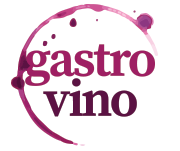
 ×
×
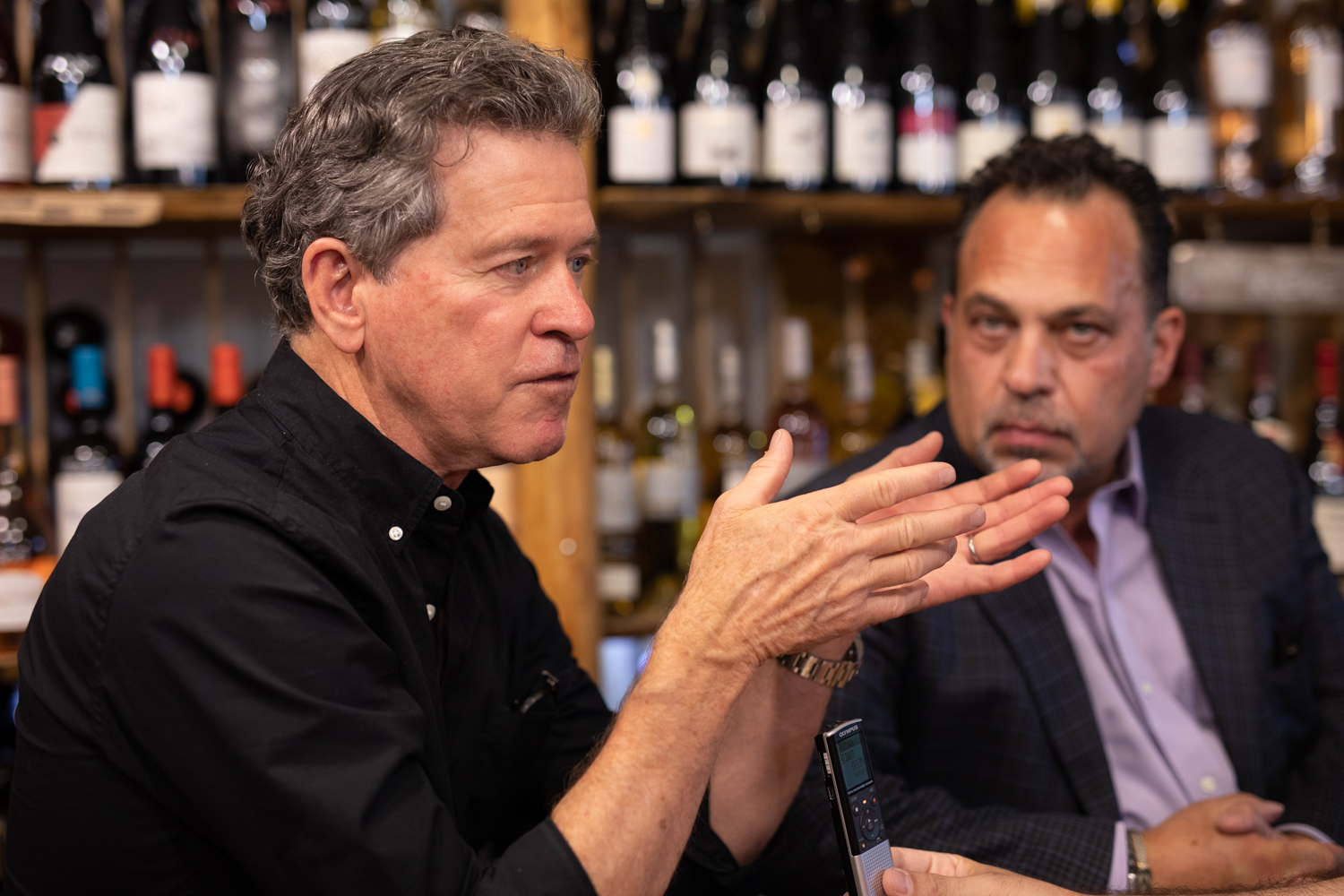

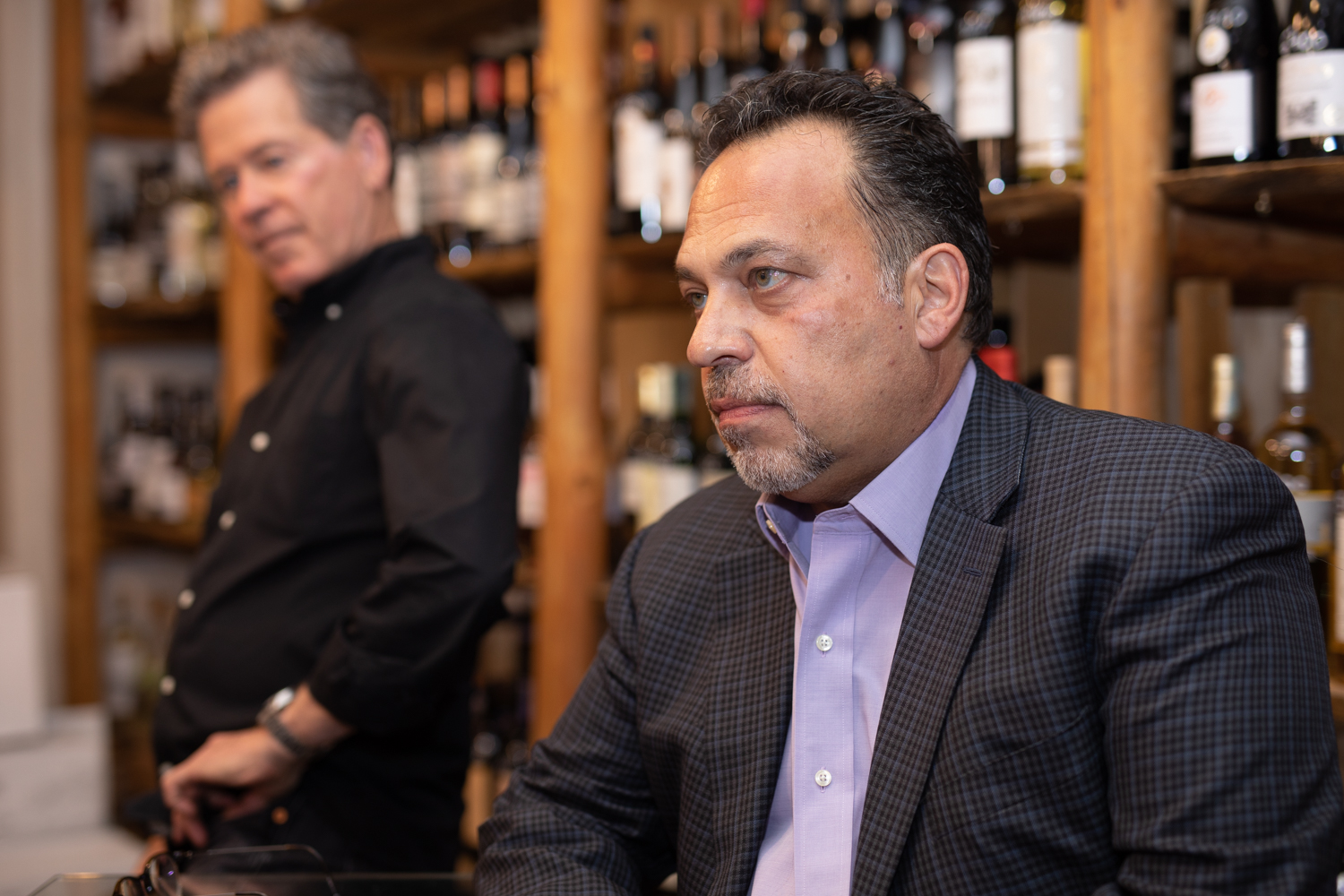
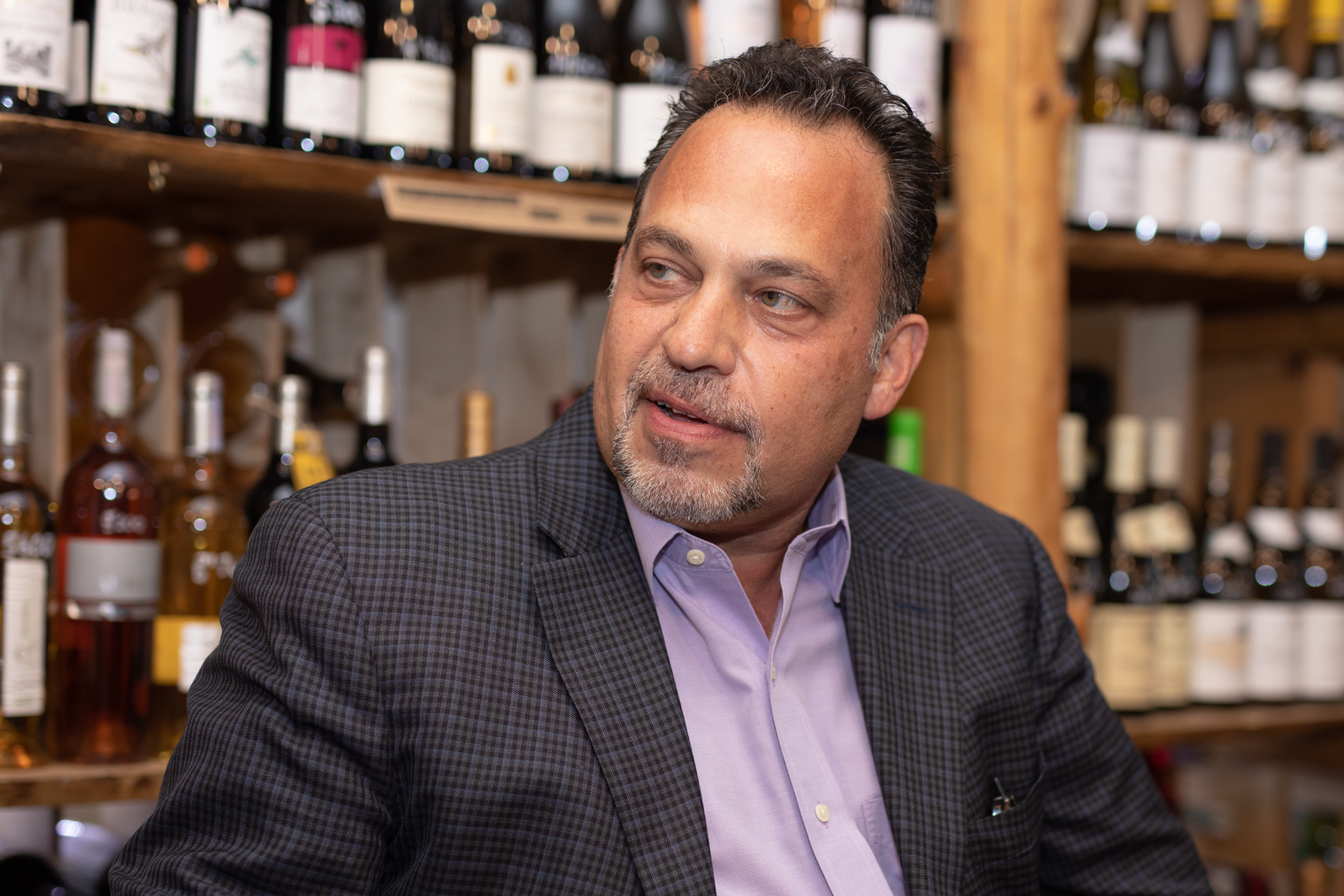
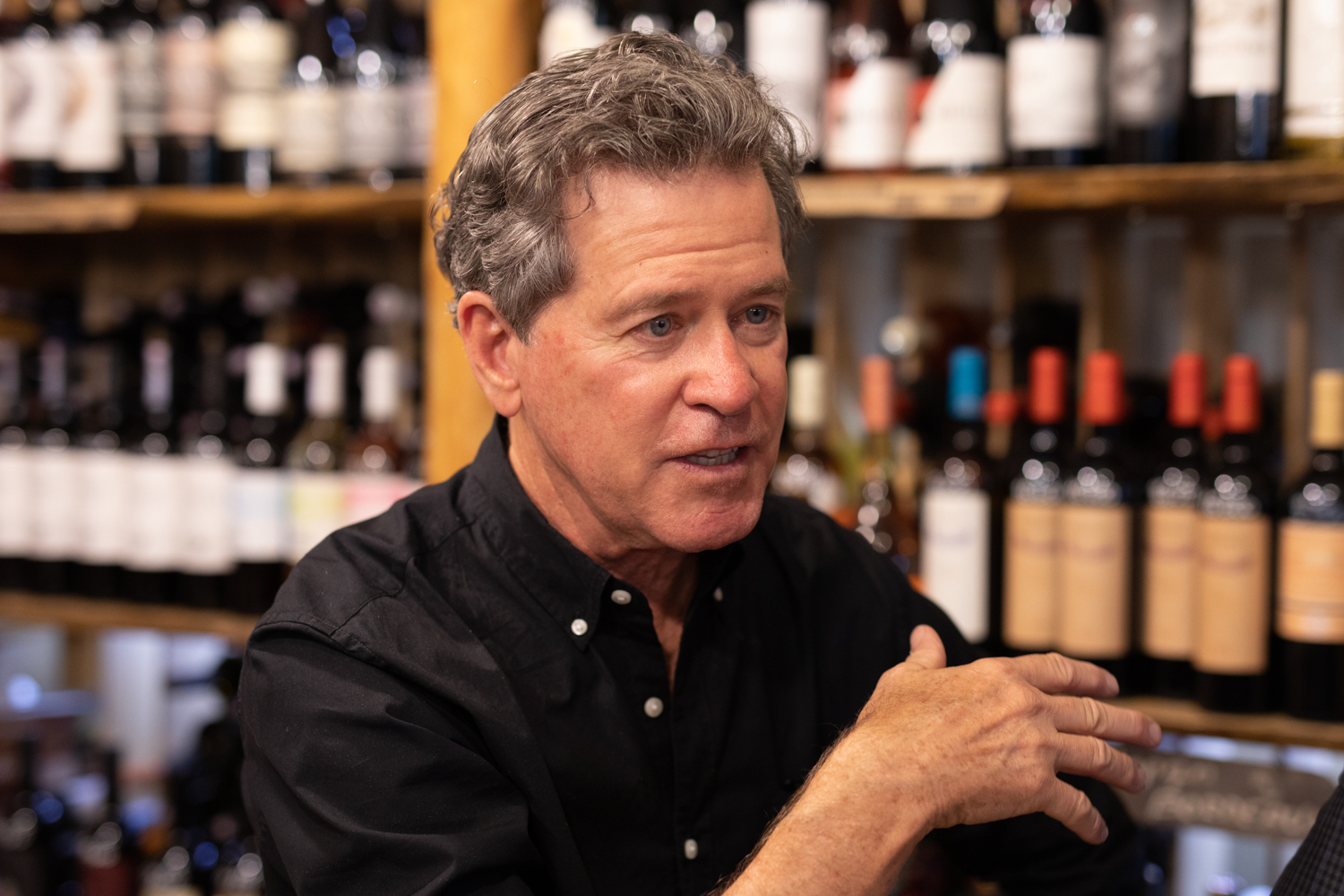
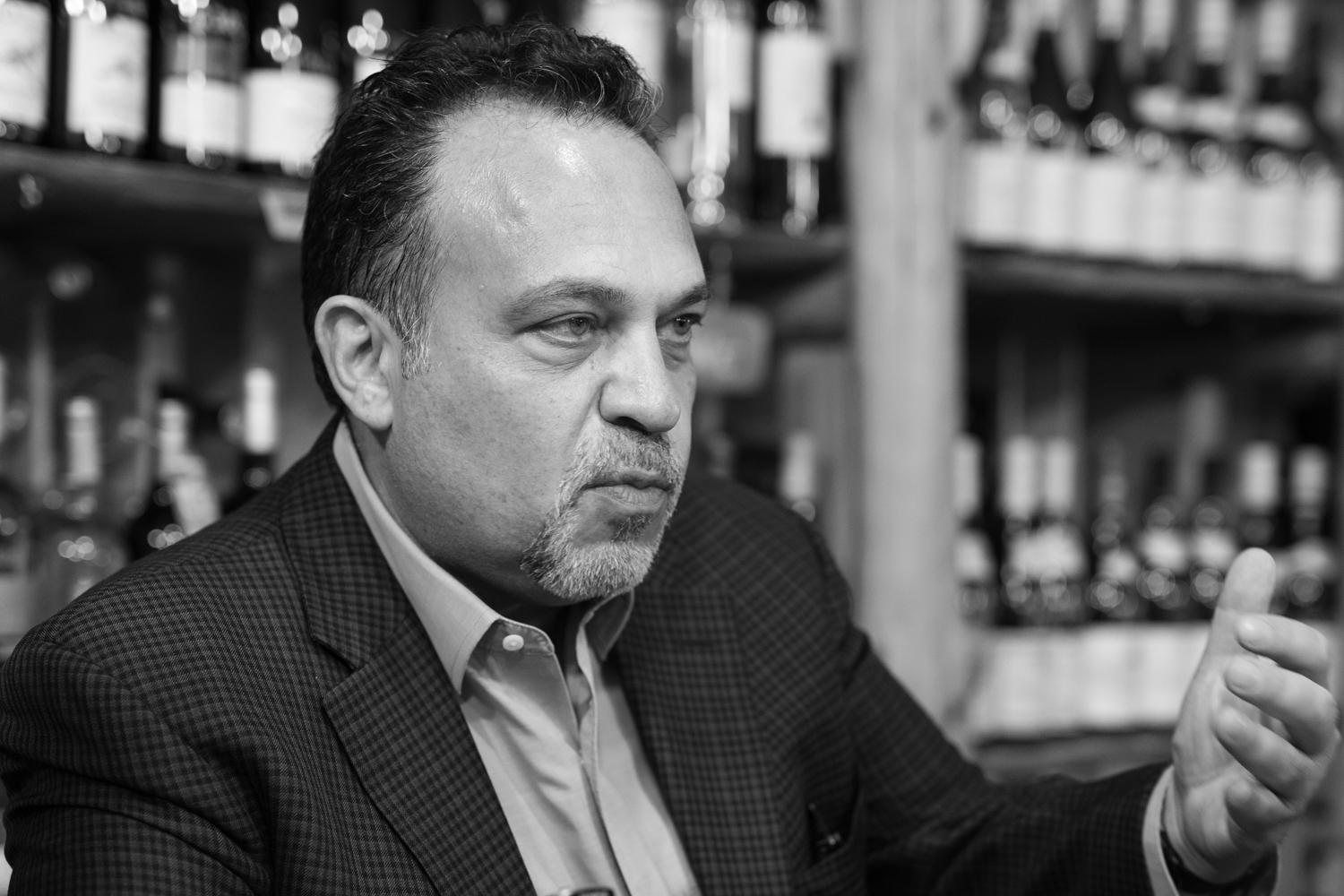
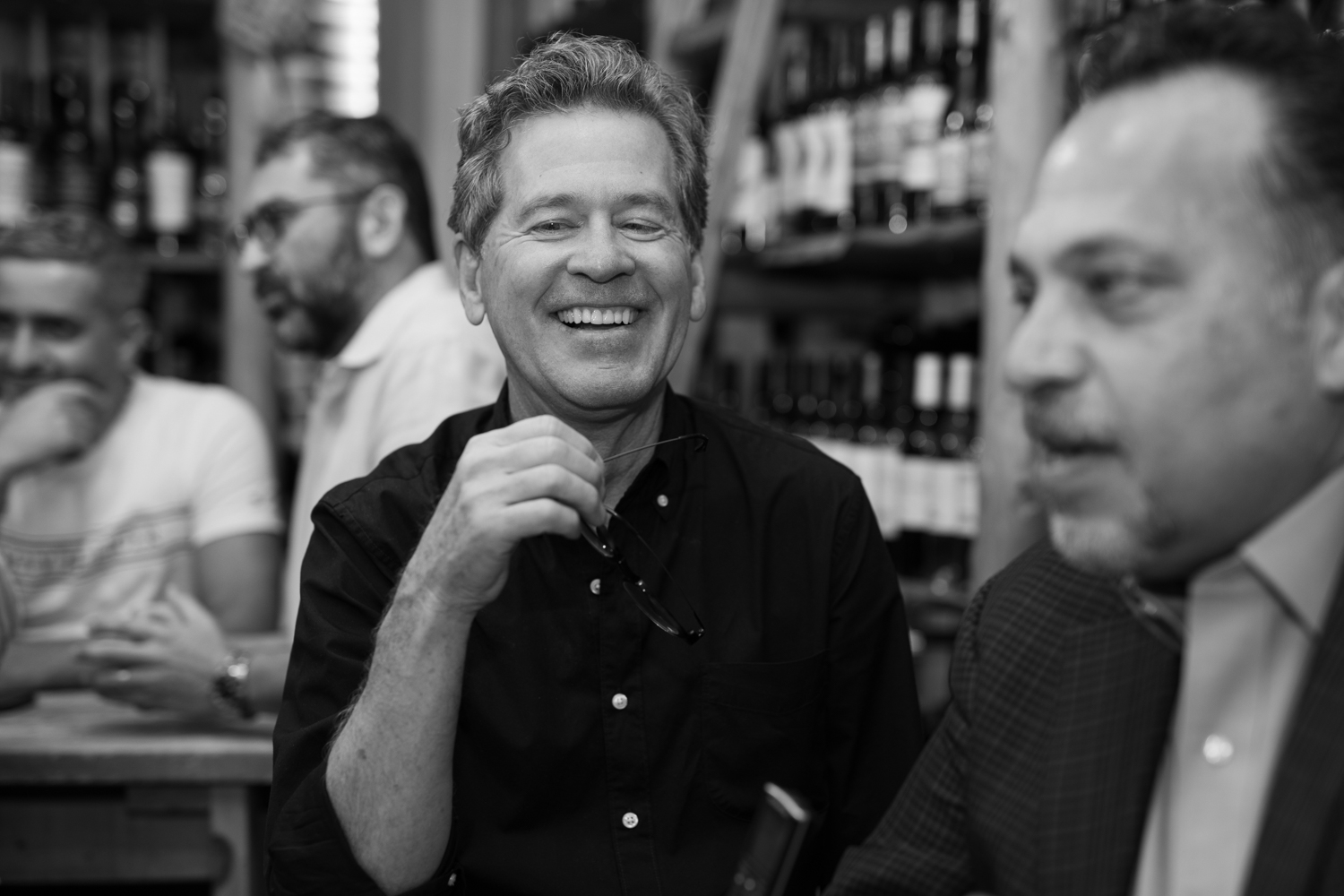
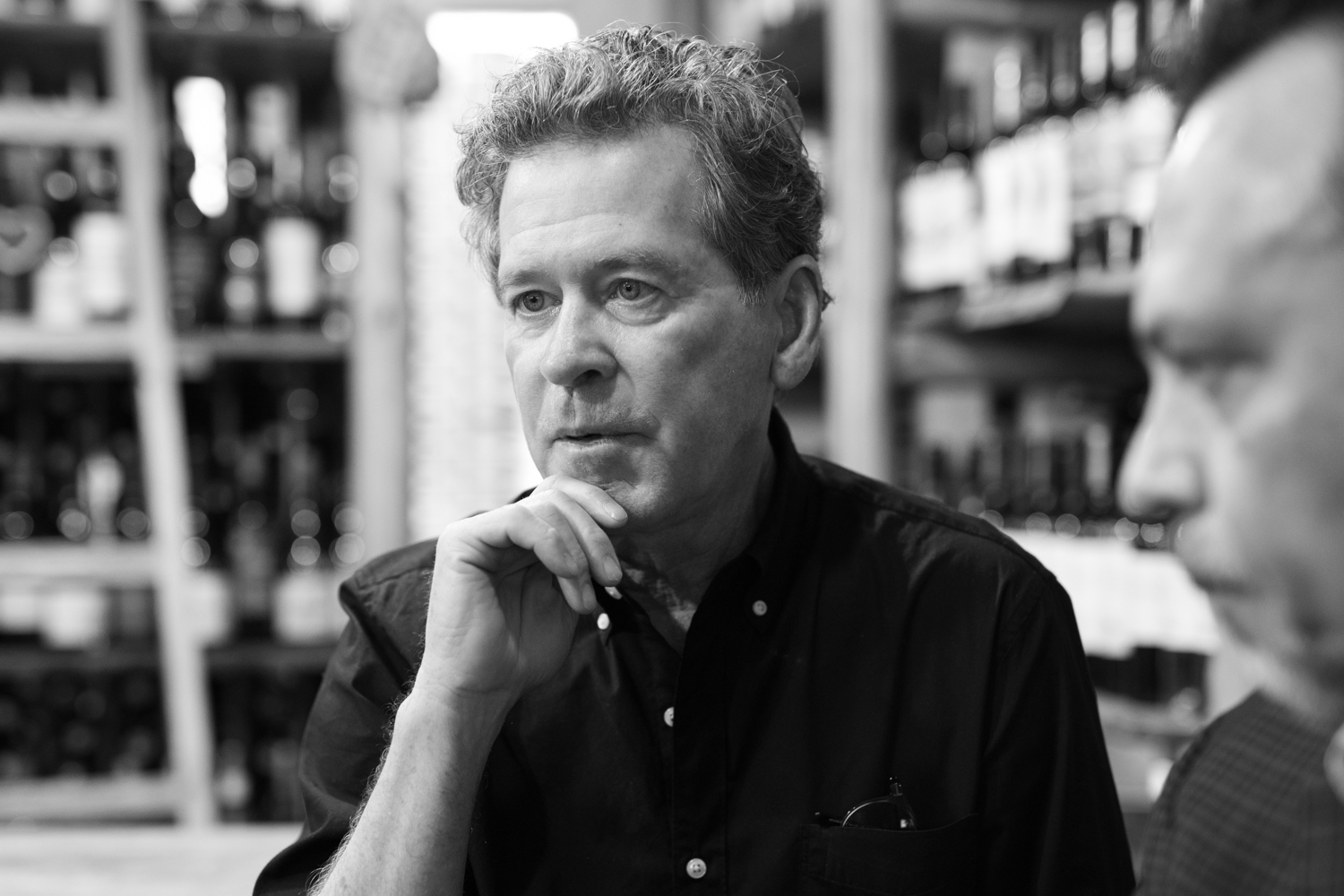




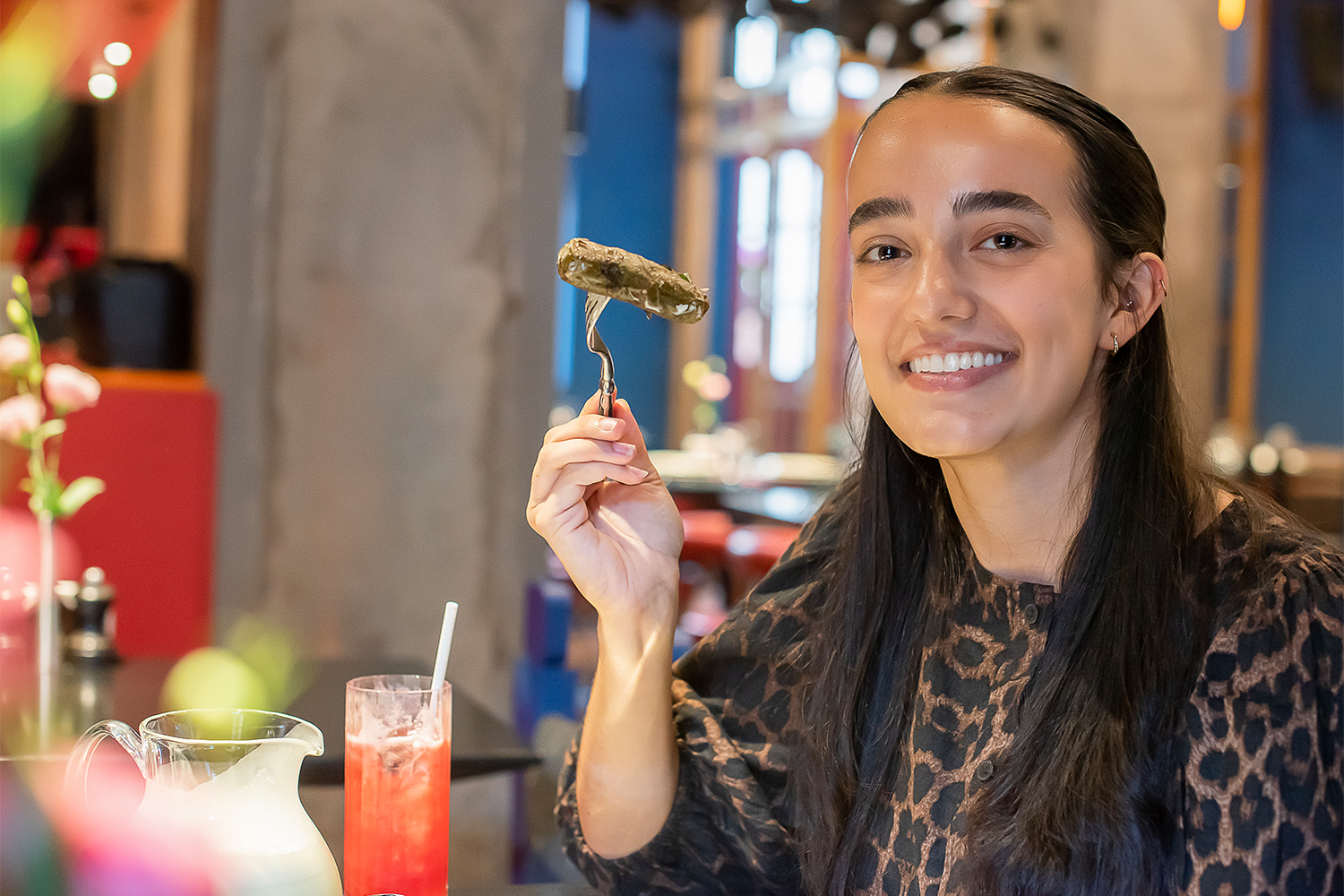
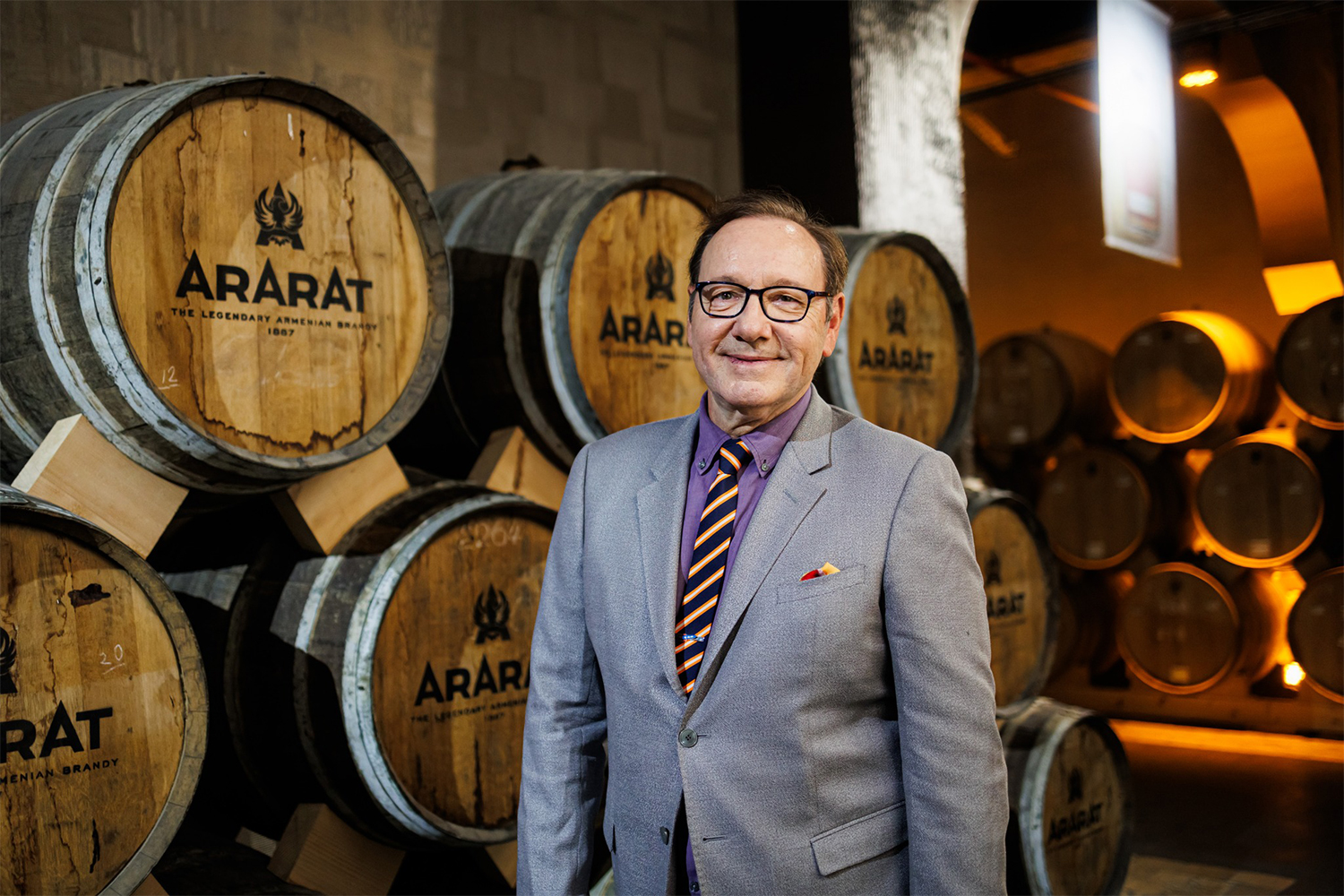


Comments
Dear visitors, You can place your opinion on the material using your Facebook account. Please, be polite and follow our simple rules: you are not allowed to make off - topic comments, place advertisements, use abusive and filthy language. The editorial staff reserves the right to moderate and delete comments in case of breach of the rules.